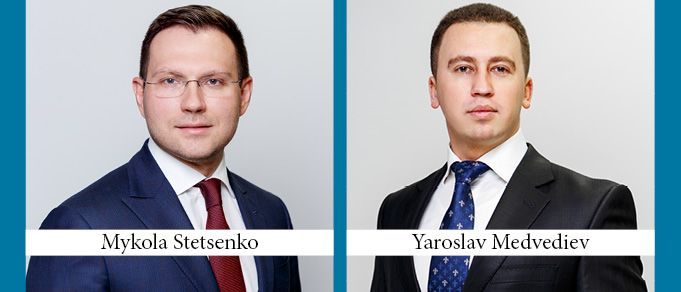2015 and 2016 turned into a period of reform for the Ukrainian antitrust regulatory framework and the Ukrainian competition authority – the Antimonopoly Committee of Ukraine (AMC).
The AMC’s new executive team follows the best European practices in antitrust and competition field as the model for development of domestic competition environment. During those two years, the AMC significantly increased its investigation of alleged violations of competition law (including violations of the merger control regime, cartels, unauthorized concerted practices, abuse of dominance, unfair competition, and bid rigging) and deepened its commitment to promoting fair competition in general. In this regard, the existence of the antitrust compliance program for medium and large-sized companies has become very important.
For most Ukrainian companies, antitrust compliance programs are terra incognita. Only the largest companies have implemented such programs and conducted training workshops for their top management and senior teams. As a rule, high-profile clients outsource the development and launch of these programs to leading Ukrainian and international law firms, and large multinationals adapt their global standard antitrust compliance programs for Ukrainian subsidiaries to local legislation. Such programs cover a diverse mix of antitrust matters from merger control and concerted practices to abuse of dominance and unfair competition.
The great majority of such programs are tailor-made and depend greatly on the main types of activities of a company, the sectors it works in, and its market position. Recently, Ukrainian business has felt AMC’s close attention to cartel investigations. The need for effective antitrust compliance programs with a focus on concerted practices has never been more evident. At the same time, abuse of dominance is one of the most widespread violations of the Ukrainian competition law. This is due to the fact that monopolies are generally more prevalent in Ukraine than they are in the EU and the US. Most cases of abuse of dominance take the form of economically unreasonable increase of prices and tariffs. If a company holds a dominant position on a certain market, the need to tread lightly on price increases is a common theme in compliance programs.
As the AMC has always looked closely at unfair competition, every antitrust compliance program addresses related concerns as well. In recent years, dissemination of misleading information has represented some 90% of all unfair competition violations. A recent trend is for a company in doubt about particular activities to consult with the AMC (often requesting that it issue a preliminary conclusion), which allows the company to conform in compliance as necessary. This instrument does not involve any significant costs – the fee for the relevant application to the AMC is only UAH 5,440 (approximately USD 200). Within 30 calendar days, the AMC issues its preliminary conclusions on the merits, or, where the application is incomplete, indicates that the lack of certain documents and information makes it impossible to issue its conclusions on the merits.
Our analysis of the Ukrainian competition law policy, as well as our anticipation of its further development, show that certain industries will be subject to unusually high scrutiny by the AMC. In particular, we expect that the following sectors will attract its close attention: (1) energy, (2) pharmaceutical, and (3) heavy industry. Industry leaders in areas such as agriculture, retail, and real estate should also be alert. In light of this, it would be difficult to overstate the value of an antitrust compliance program to effectively prevent violations.
On September 15, 2015, the AMC adopted guidelines on the calculation of fines for violations of competition law (as restated on August 9, 2016). The current version of these guidelines does not recognize the existence of an antitrust compliance program as a mitigating/attenuating factor when calculating fines, and at the moment the AMC has not made its official position clear regarding such programs. If the AMC decides that the existence of an antitrust compliance program can serve as a ground for the reduction of fines, a new chapter in developing such programs would follow shortly. We hope the next version of the guidelines will make this issue clear.



